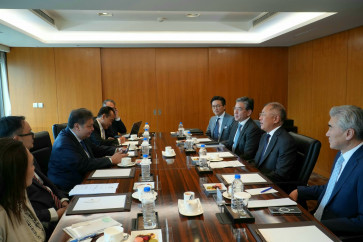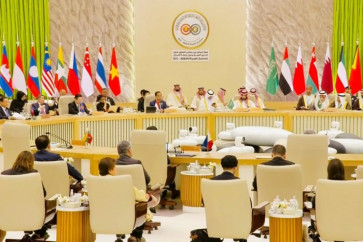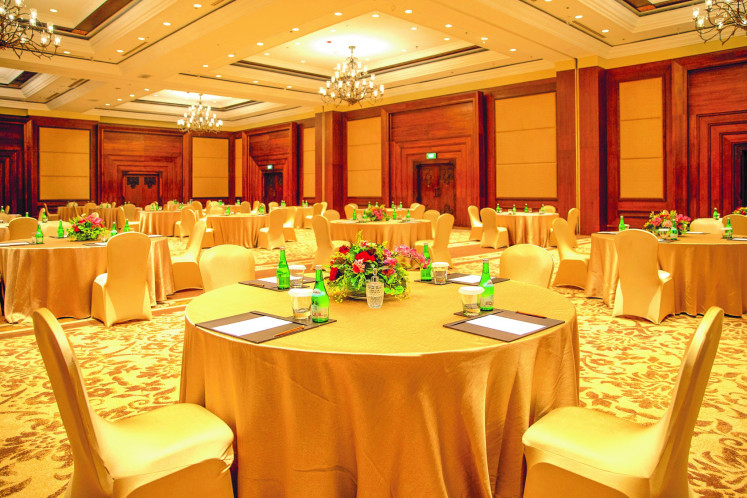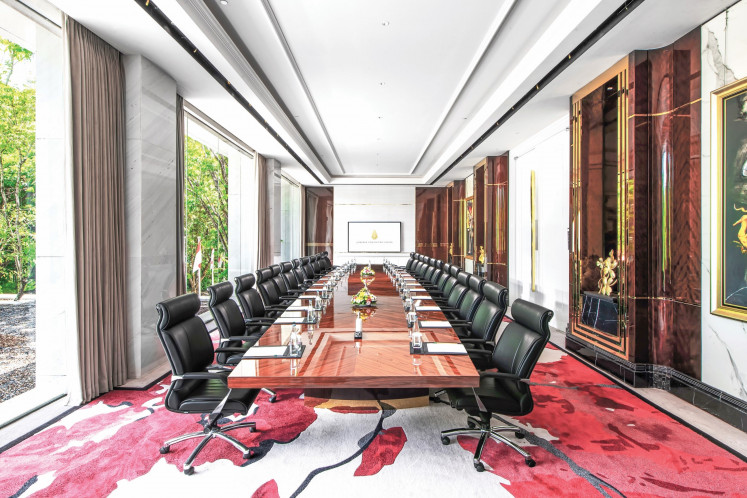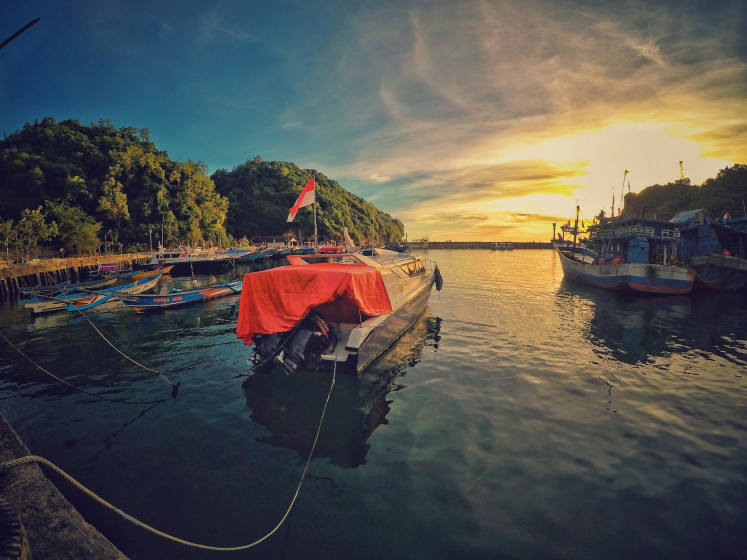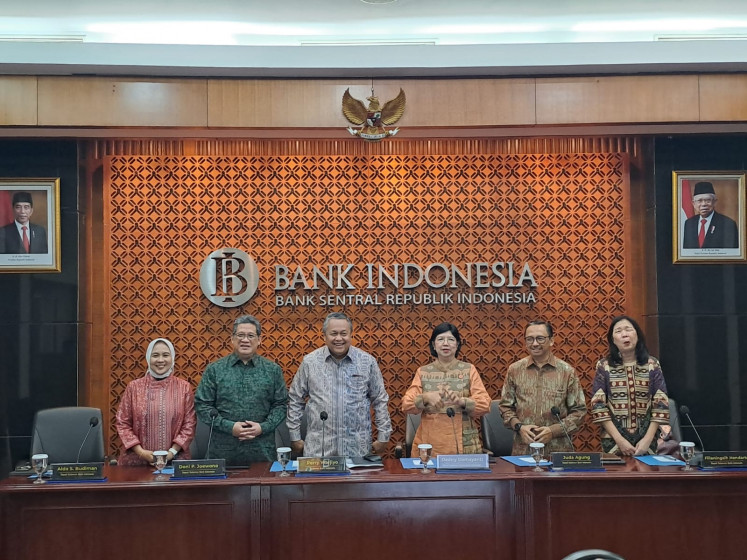Indonesia Sharia Economic Festival (ISEF) 2014: Leading global economy through sharia-based banking
Bank Indonesia (BI) will host the 2014 Indonesia Sharia Economic Festival (ISEF) in Surabaya, East Java, on Nov
Change Size

B
ank Indonesia (BI) will host the 2014 Indonesia Sharia Economic Festival (ISEF) in Surabaya, East Java, on Nov. 3-9. An exhibition, fun sessions and educational activities open to the public will be presented in the festival.
Central bank governors from 50 countries of the Organization of Islamic Cooperation Organization (OIC) will also attend.
"This is a great event. The 2014 ISEF is not only a festive event, but will also have a major impact on our economic development, including the sharia-based financial industry in Indonesia, with both a regional and international influence. It also aims to educate people about sharia-based industry and products," said the executive director of BI's international department, Aida S. Budiman.
Aida explained that there would be in-depth discussion about sharia-based economic development among OIC members during the festival, focusing on raising awareness regarding financial-deepening strategies incorporated with multinational initiatives in collecting zakat (charity) and increasing community participation in the industry. The discussions will lead to multistakeholders agreements.
A memorandum of understanding (MoU) will be signed by BI and the Islamic Development Bank on the establishment of a working group on zakat and capacity building. This MoU will further be developed and formalized by all OIC central bank governors in the meeting on Nov. 6.
'Zakat management and development is an important issue among OIC countries,' Aida said.
In 2012, Aida added, Indonesia had potential revenue from zakat of Rp 217 billion (US$18 million). This figure is equal to 3.4% of the country's Gross Development Product (GDP), while in reality it only managed to collect Rp 2.7 trillion. Trusted management of zakat needs to be improved for financial deepening and thus improving people's welfare.
Another interesting activity in 2014 ISEF is the national symposium on pesantren [Islamic boarding schools] empowerment.
For the first time in the history, three pesantren with different educational systems will gather in one venue to talk about pesantrens' strategies in responding to global challenges by improving the quality of education and economic self-reliance.
'Tebu Ireng, Gontor and Sidogiri will take part in this symposium, together with the minister of religious affairs, the minister of education, a representative from Indonesia's Financial Services Authority (OJK), the governor of East Java, academics and other experts,' said Aida.
The symposium is expected to produce an agreement between BI and the Ministry of Religious Affairs to improve the capacity building of pesantren entrepreneurship and to increase non-cash transactions.
'Another agreement is between BI, the OJK and the East Java provincial government in developing a pilot project for the acceleration of economic and sharia-based finance in East Java," added Aida.
Surabaya has been chosen for having the highest number of pesantren in Indonesia. With the pesantren factor, Surabaya has potential as a pilot project site in order to be named the center of sharia-based product development in Indonesia.
'This is important for us since the sharia-based economy has begun to rise in world attention, including in non-Muslim countries,' Aida said.
'Internationally, despite the significant increment of sharia assets from $600 billion in 2007 to $1800 billion in 2013, the figure is equal to 1.1% of global assets, so there is still big room for us to catch up in the sharia-based global market,' said Aida.
The same trend also occurred in Indonesia with the world's biggest Muslim population. Sharia-based economic principles are linked to some Indonesia traditions, such as profit sharing based on trust. Although having similar background characteristics, the sharia asset share in Indonesia remains low at below 5%.
The initiative to involve pesantren in this activity has been taken by BI in order to open access to the sharia-based financial industry and products for the community.
Many pesantren alumni have become role models for the community, even becoming informal leaders. By influencing specific communities, they are a great asset to empower the community through capacity building with sharia-based financial schemes.
'The readiness of the sharia-based industry should be in-line with the readiness of human resources,' Aida stressed.

